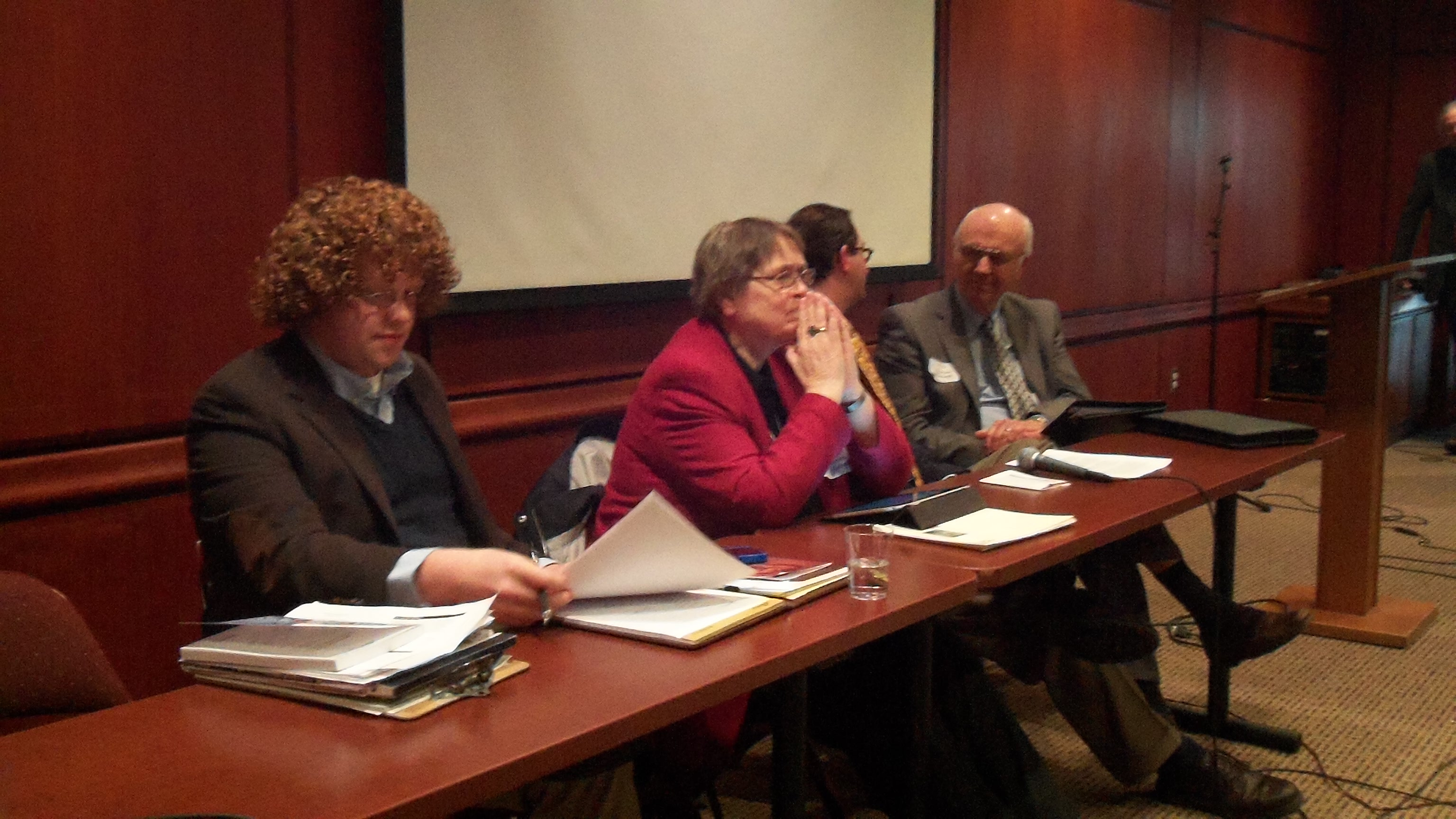 That’s the question that I and four other panelists sought to answer at last week’s Colloquium on Pietism Studies at Bethel University. (I’ve already posted about that event here and here.) Our roundtable discussion, titled “Pietism, Churches, and a ‘Usable Past,'” revolved around two questions: (1) What role has Pietism played in the development of your denomination? and (2) Does Pietism provide contemporary churches with a “usable past”? Chris Gehrz, one of the colloquium organizers and an associate professor of history at Bethel, just posted a recap of our panel discussion over at his excellent blog.
That’s the question that I and four other panelists sought to answer at last week’s Colloquium on Pietism Studies at Bethel University. (I’ve already posted about that event here and here.) Our roundtable discussion, titled “Pietism, Churches, and a ‘Usable Past,'” revolved around two questions: (1) What role has Pietism played in the development of your denomination? and (2) Does Pietism provide contemporary churches with a “usable past”? Chris Gehrz, one of the colloquium organizers and an associate professor of history at Bethel, just posted a recap of our panel discussion over at his excellent blog.
Our comments in full will be published in a forthcoming issue of the Covenant Quarterly, a publication of the Evangelical Covenant Church(one of the five denominations represented at last Friday’s roundtable), so I won’t devote too much space to the review. As I wrote earlier, despite the theological diversity represented lineup, all five participants described similar challenges in today’s church: a declining emphasis on the Holy Spirit and “heart religion” at a time when many young people are raising questions about such religious phenomena; a watered-down theology of conversion as a result of popular evangelical revivalism; and a failure to “train up” the next generation of church leaders through the re-telling of our denominational (hi)stories.
Chris does an excellent job of summarizing our comments (at least, he did an excellent job of summarizing mine!), so Id invite you to check out his post here.

Check, check, and check to the three challenges to today’s churches as identified by the panel. I am especially concerned about the ahistorical nature of most church folks these days. With all the denomination-hopping going on, re-telling the histories is critical.